Search Engine Optimization (SEO) aims to improve the visibility of a website in search results.
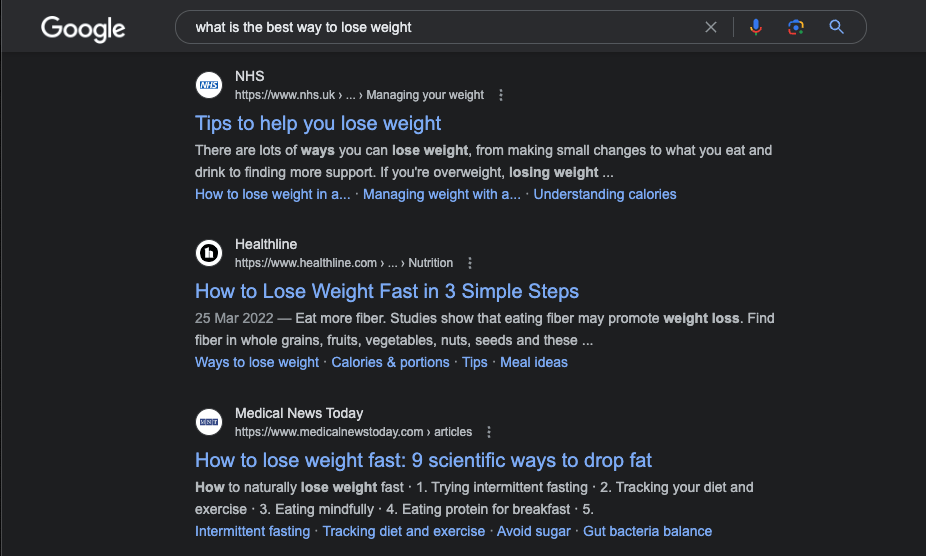
SEO used to be a difficult skill that was essential for any website owner to have.
Basically, one needed to understand how Google’s ranking algorithm works. Otherwise, a website would not show up in Google search results.
SEO was all about building links and strategically placing keywords in the website content. This was done to trick Google’s algorithm to think that a page is worth recommending.
However, over time, SEO has undergone a significant shift. These days, ranking high on Google is all about the quality of a website and its content.
The Early Days of SEO
Not too long ago, SEO used to be all about growth hacks that would trick Google’s algorithm to show a website higher on search results.
There are actually lots of people who still believe in these strategies. Thus, it’s important to understand how they work, even though they aren’t that effective anymore.
#1 Backlinks
One of the most common SEO strategies included building backlinks, that is, getting links from different websites.
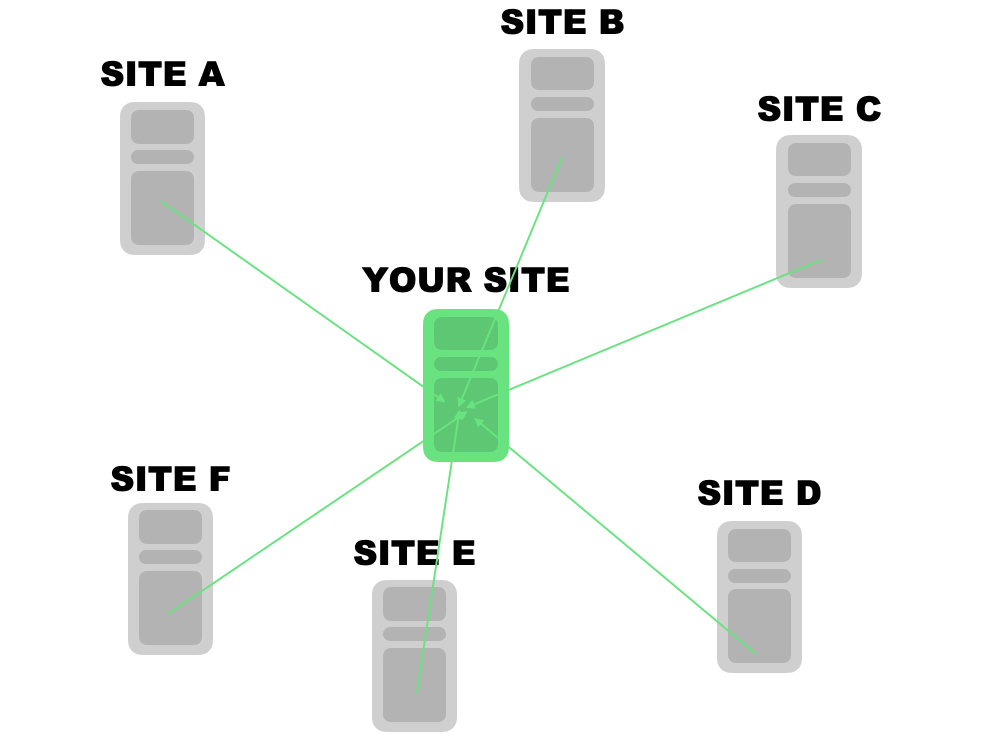
Backlinks acted as votes of confidence, telling search engines that your content was credible and valuable.
“The more people link to a resource, the higher the chances for the site to be credible”.
Building links was a lengthy process. It involved sending thousands and thousands of emails begging other site owners to link back.
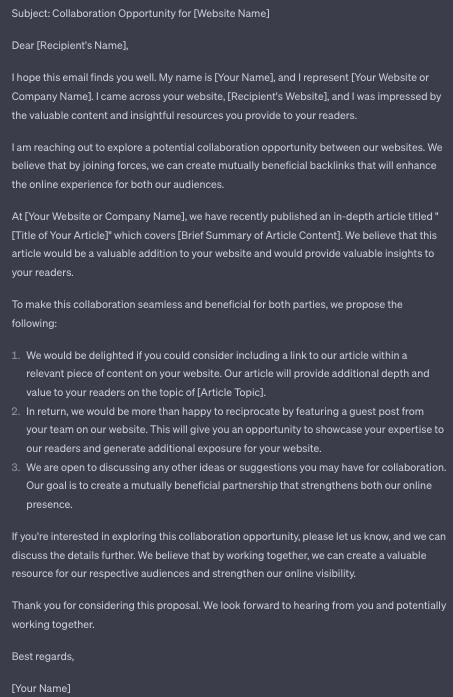
This is the part that took the most time in blogging/having a successful website.
#2 Keywords
Keyword optimization was another common SEO strategy that attempted to trick the Google algorithm.
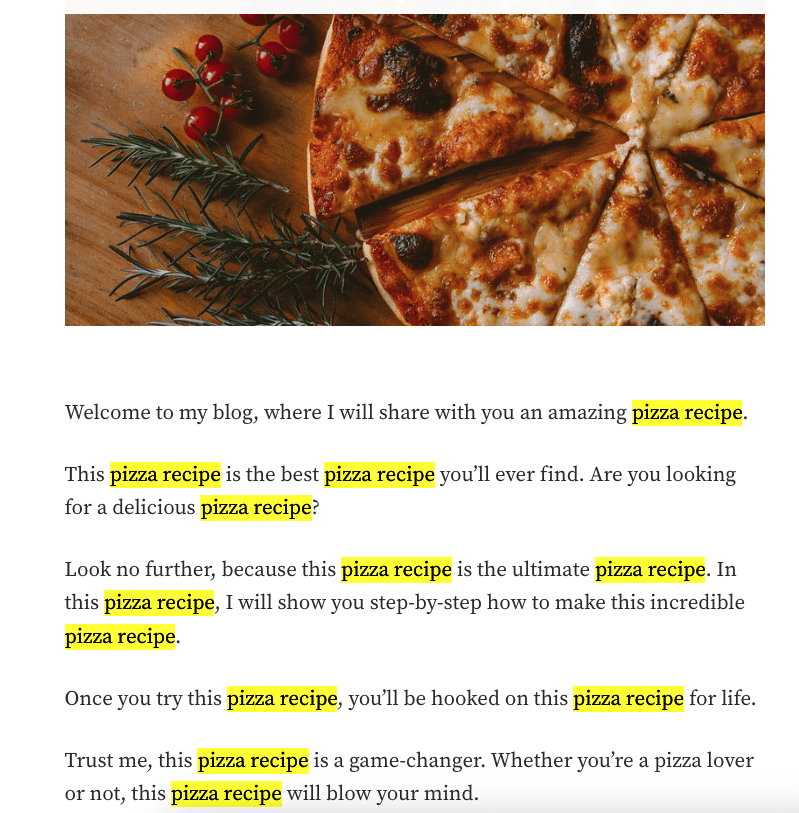
Content creators would stuff their articles with keywords, sometimes in a way that didn’t feel natural or even make sense.
The goal was to make a page appear more relevant to search engines, therefore boosting its search visibility.
Naively speaking, if one wanted their website to rank high for “Pizza recipe”, they would need to repeat it on their website as many times as possible.
But as search engines are getting more clever, none of these strategies work anymore.
SEO in 2023: A People-Centric Approach
The landscape of SEO has dramatically changed over the years. Today, optimizing for search engines is, in essence, optimizing for people.
Essentially, every website should have a blog where they cover their niche thoroughly with blog posts.
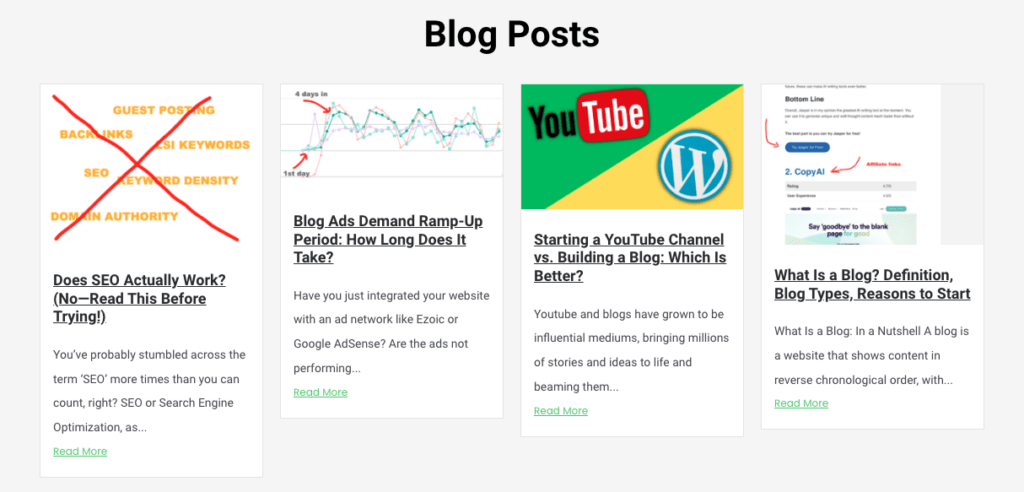
Search engines like Google have become sophisticated and now prioritize the user experience in their ranking factors.
This has forced content creators to shift their focus from pleasing search engines to offering valuable, high-quality content to users.
Basically, this means creating web pages and blog posts that solve problems from A to Z. Many times, more than 5,000 words in length.
The better a website covers a topic, the more Google trusts the site. To build trust, the website content needs to be:
- Visual
- Engaging
- Actionable
- Thorough
- Comprehensive
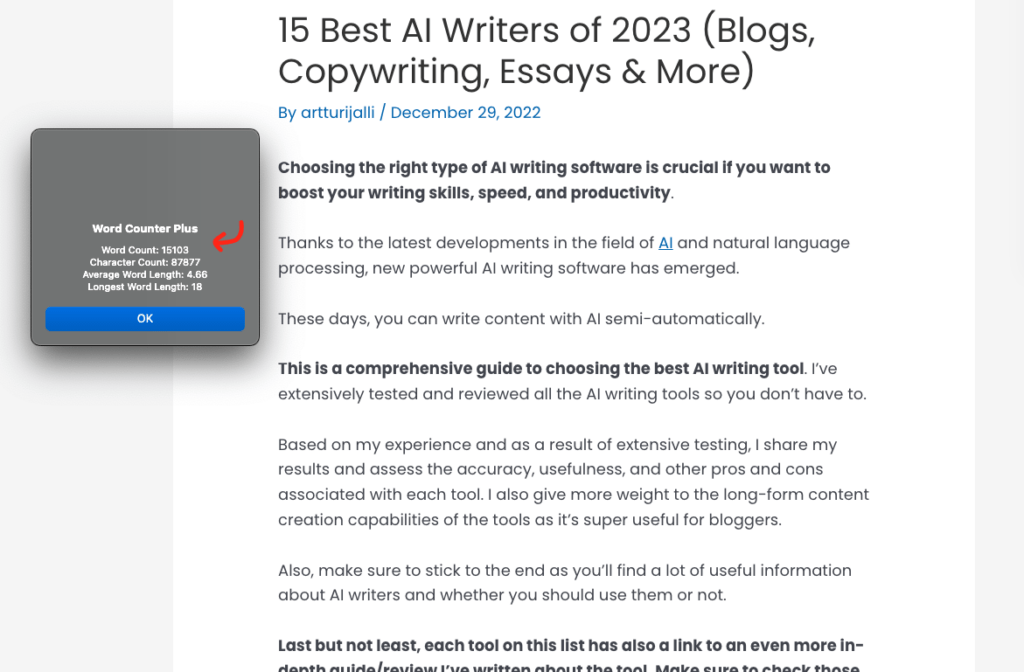
The idea is that instead of worrying about Google algorithm details, content writers can focus on solving problems—in a better way than anyone else.
If one creates a website that’s not the most useful resource for a visitor, Google will never show the website high on search results.
Don’t get it wrong—keywords and backlinks are still a thing. But those should only come naturally.
- Instead of building links, one should write content that’s so good that people want to link to it.
- Instead of thinking about keywords, one should write content to solve problems and use natural language.
The Technical Side of SEO
SEO is not all about written content. There are also some loosely defined technical criteria that websites must follow.
These include website speed, mobile optimization, and easy navigation. These factors have become crucial as they directly impact user experience and the usefulness of the resource.
These days, no one has the patience to wait 30 seconds for a website to load.
However, most web creators don’t need to worry about these. This is because website builders like Wix or WordPress mostly take care of it automatically.
Only if one codes a website from scratch should they care about technical aspects of SEO.
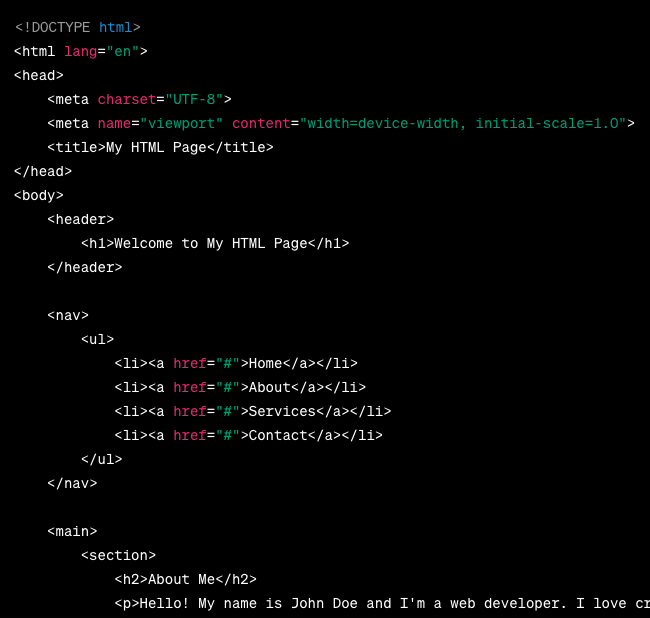
Conclusion
To take home, SEO is a user-centric strategy to get visibility in search engine results pages.
The secret sauce to ranking high on Google is by making a website the best resource on the entire internet. This means writing web pages and blog posts that solve problems in the niche.
Back in the day, SEO was mostly a black-hat strategy that would try to trick Google’s algorithm. These days, it’s all about being the most accessible and useful resource on the internet.
